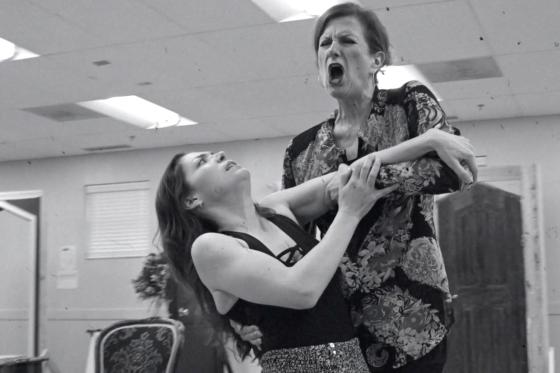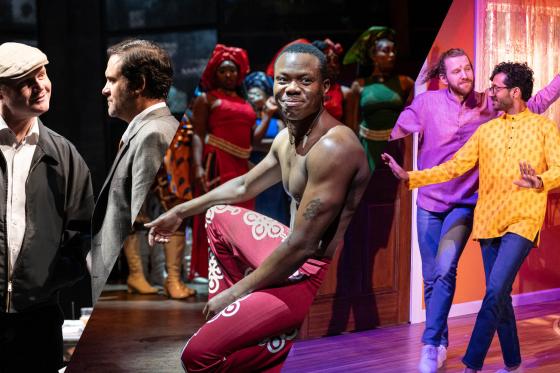Ken Ludwig’s Lend Me A Soprano brings women in opera to the forefront of the story, enabling these female characters to take center stage. While there aren’t direct real-life counterparts to the characters of Italian opera diva Elena Firenzi, Cleveland Grand Opera Company general manager Lucille Wylie, her assistant Jo, or even chairwoman of the opera guild Julia, there have been women in similar positions that have been influential on opera and the arts in different ways and places. Here is a closer look at three of these women.
1. Adella Prentiss Hughes
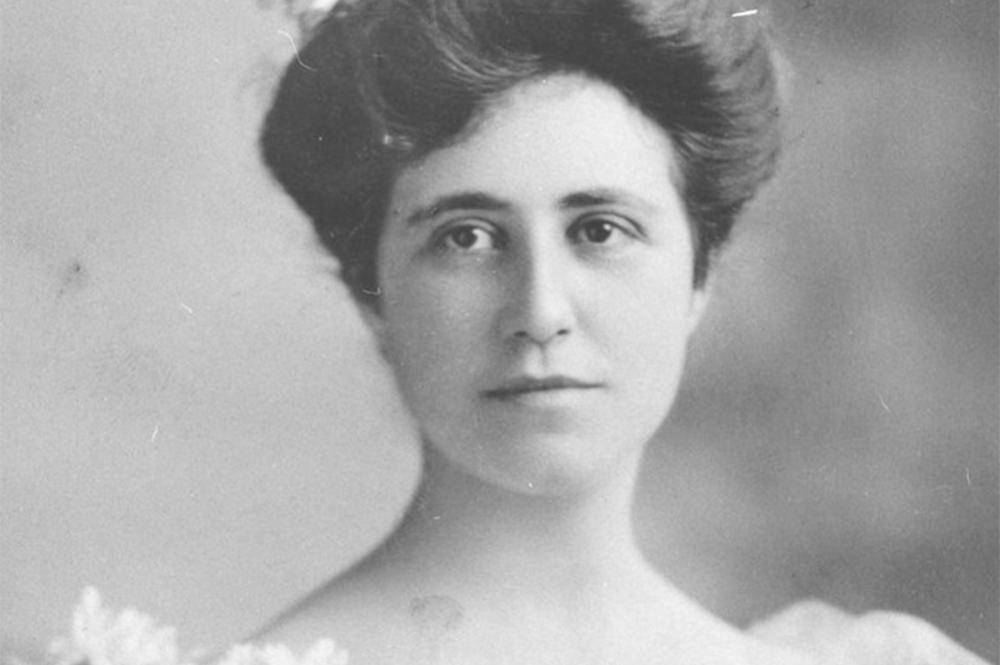 Image credit
Image credit
While the Cleveland Grand Opera Company is fictional, there was still opera present in Cleveland in the 1930s, and it wouldn’t have been possible without Adella Prentiss Hughes. She founded the Musical Arts Association in Cleveland in 1911 and the Cleveland Orchestra in 1918, for which she also served as manager. In this time, the Cleveland Orchestra was the primary way that opera was performed in the city. Hughes started this trend by renting out Cleveland’s League Park stadium for an opera performance led by the Metropolitan Opera Orchestra. As manager of the Cleveland Orchestra, Hughes continued to support the orchestra financially by getting funds from public backers and members of the Musical Arts Association that she founded. This enabled the orchestra to get a new concert hall, which proved beneficial when the Great Depression hit and the Metropolitan Opera stopped touring in Cleveland. The Cleveland Orchestra became the producer of operas in the city through the 1930s (the same time period as Ken Ludwig’s Lend Me A Soprano) and beyond.
2. Jeannette Meyer Thurber
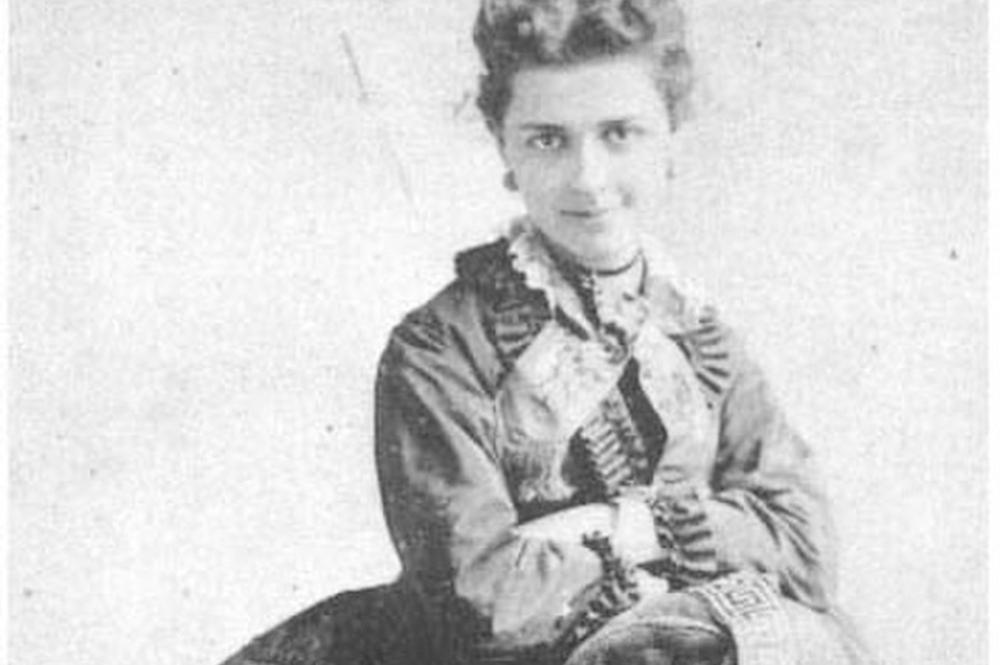 Image credit
Image credit
Jeannette Meyer Thurber (1850-1946) was a philanthropist and patron of classical music who is notable for founding the National Conservatory of Music of America in New York City in 1885. She founded the school to cultivate a unique American style of music. Thurber established the school while also sponsoring several other music endeavors in the city. The school gained notoriety after Thurber convinced Czech composer Antonín Dvořák to be the director of the conservatory, which he did from 1892-1895. Thurber had several radical stances for her time period: she fought for the rights of women, people of color, and disabled people to attend the conservatory, and would sometimes even offer full scholarship for these marginalized people to be a student. Even in 1885, Thurber made sure the conservatory was racially integrated. Thurber also fought for the idea of federally-funded conservatories and arts in general, but as other music schools kept appearing in the city (including what would eventually become the Juilliard School), the conservatory’s success began to fade and it eventually closed a few decades after its founding. Despite this, Jeannette Meyer Thurber created a school for all students and began the creation of an American classical music sound.
3. Carmen Melis
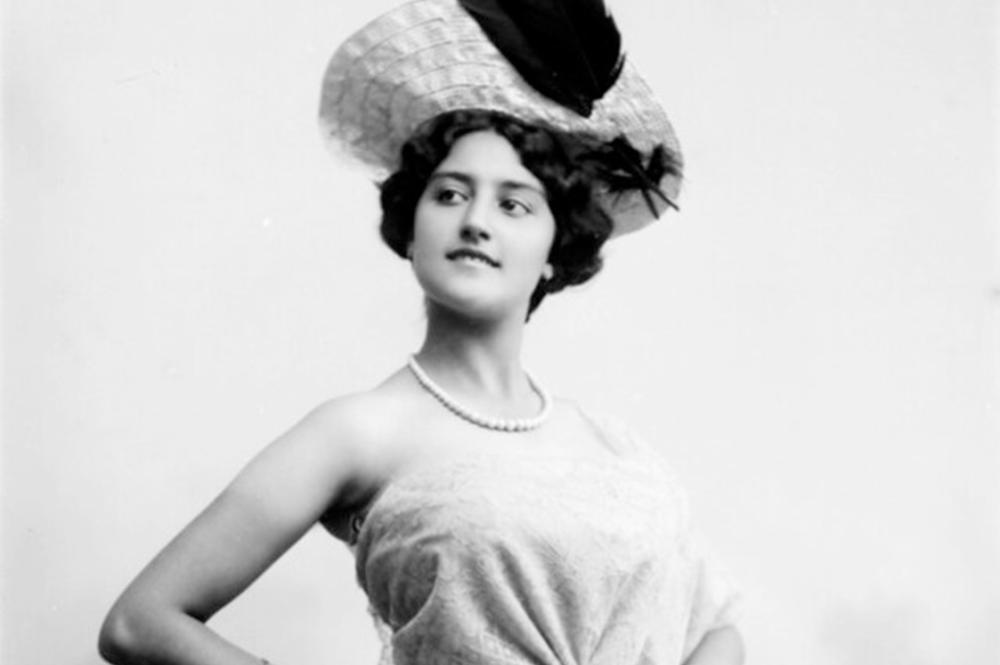 Image credit
Image credit
Italian lyric soprano Carmen Melis is perhaps the closest of these women to resemble a character from Ken Ludwig’s Lend Me A Soprano. Born in 1885, Melis made her professional opera debut when she was 20 years old in a production of Jules Masseent’s Thaïs at the Teatro Coccia in Novara, in which she played the titular role. Once her career had progressed in Italy, she began performing internationally, in Russia, France, and the United States throughout the 1910s. The famous opera composer Puccini personally taught her the role of Minnie in his opera La Faniculla del West after seeing her perform in his opera Madama Butterfly at the Manhattan Opera House. Melis is most well-known for her portrayal of the titular Tosca in the Puccini opera. She performed the role many times throughout her career, and just like Elena Firenzi, portrayed the character at the acclaimed opera house La Scala in Milan. A recording of her portrayal at La Scala was made in 1929. Melis continued to frequently perform until her retirement from the stage in 1935. After this retirement, she became a voice teacher, first as a faculty member at the Pesaro Conservatory, and then through a private studio in Milan. Melis passed away in 1967 at the age of 82.
If you enjoyed learning more about female powerhouses that influenced opera in the 1930s, come check out Ken Ludwig's Lend Me A Soprano, playing February 7 - March 10 at Olney Theatre Center. With opera, comedy, and romance, what more could you love?




